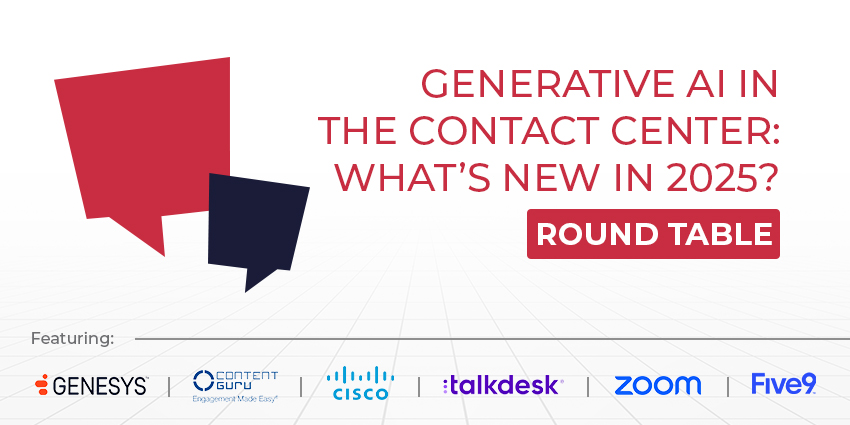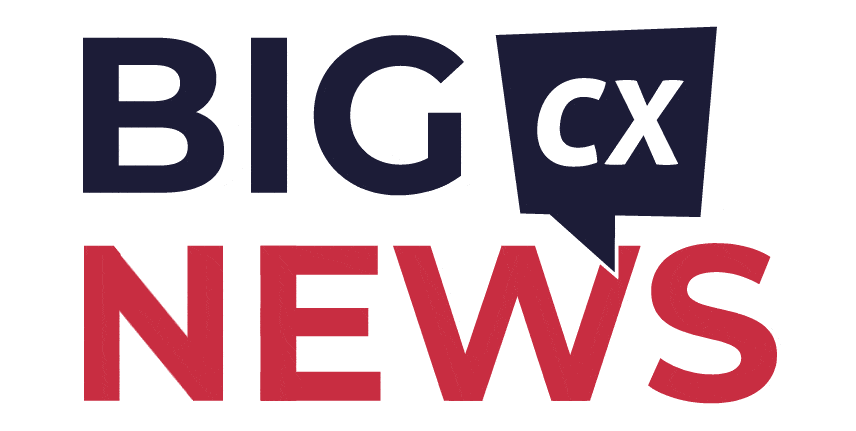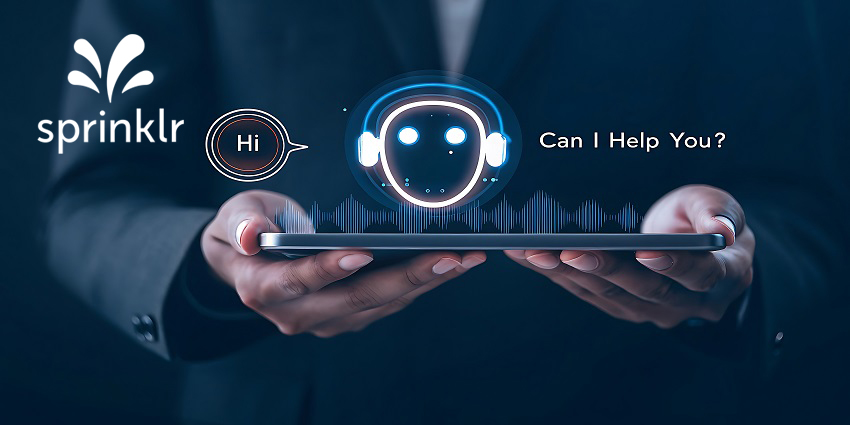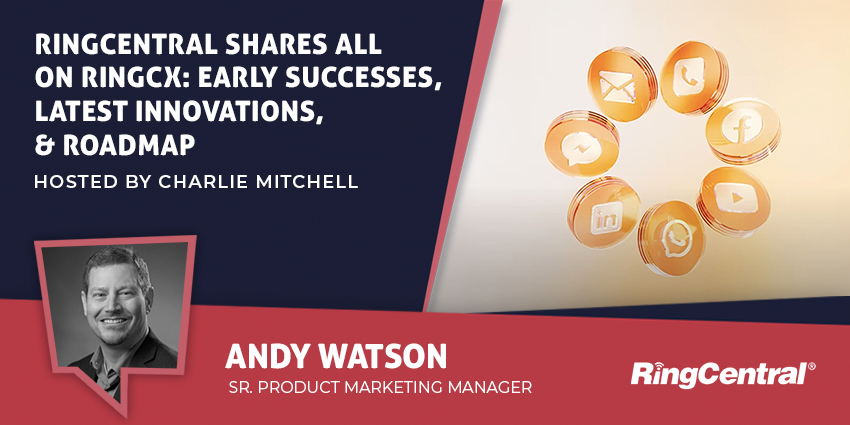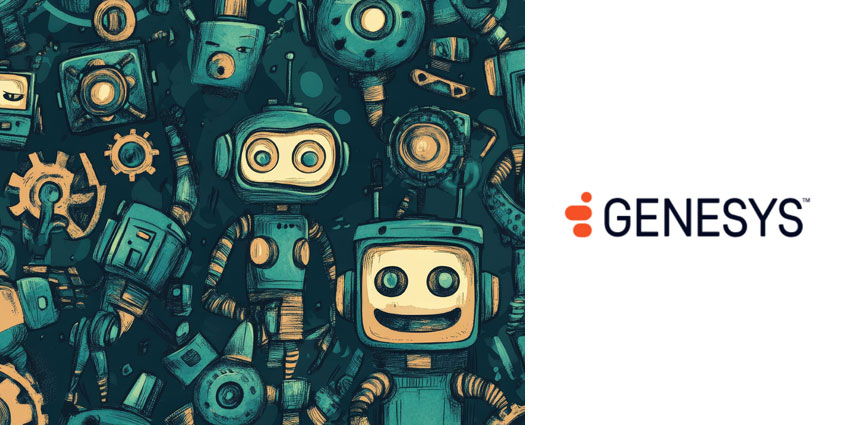Today we learned that Google Cloud is expanding into CCaaS. The new service, Google Cloud Contact Center AI Platform, is an expansion of its Google CCAI suite.
Google has complemented contact centers in several ways and is now expanding with its own end-to-end CCaaS offering called Contact Center AI Platform. CCAI was launched in 2019 and provides modular conversational AI. According to industry analyst Sheila McGee-Smith of McGee-Smith Analytics, “Google Cloud’s Contact Center AI is already a force in the contact center industry thanks to its early focus on AI for customer experience.” The majority of contact center vendors support Google CCAI integrations today.
AI technologies are impacting nearly every aspect of the contact center. It is being used to improve routing, self-service, agent productivity, scheduling, analytics, transcriptions, sentiment, and more, but it’s not easy. Many organizations get bogged down in accessing and updating their existing systems and sources of data.
The move to a modern, cloud-delivered contact center can be complex. It often requires new vendors, new technologies, new processes, and new integrations — all while dealing with increased demand that likely inspired the migration to begin with. Google believes a one Google approach can help organizations realize benefits sooner.
Google Cloud Contact Center AI Platform combines a CCaaS engine with Google CCAI, a conversational core, and the Chrome browser. The CCAI Platform offers routing, IVR, agent desktop, app SDKs, and more. Rather than develop an entirely new contact center core solution, Google partnered with UJET. The two companies already share several customers including Fitbit and One United Bank.
UJET is a relatively small provider best known for its approach of integrating customer service functions into customer-facing applications. UJET was recognized this week in the juried selections of the Innovation Showcase and Best of Show at Enterprise Connect.
Google also announced an expanded partnership with Salesforce. The Google Cloud Contact Center AI Platform includes an integration with Service Cloud Voice. This provides agent call controls and transcription capabilities within Salesforce.
The Google Cloud Contact Center AI Platform is being launched in the Americas, Europe, and the Middle East, and will be available to +6000 Google channel partners including Deloitte, IBM, Infosys, Tata Consultancy Services and Wipro. UJET and Google CCAI also remain available as standalone offerings.
Google has been in the contact center for some time, but has always taken the approach of complementing existing solutions. Over the years, cloud infrastructure competitors Amazon and Microsoft have expanded into CCaaS as well. Most of the leading CCaaS solutions, and even legacy, private cloud alternatives, are hosted on one (or more) of these cloud infrastructure platforms.
Google Cloud Contact Center AI Platform, like Amazon Connect, is a general purpose CCaaS solution; whereas Microsoft’s offer is, at least for now, tied to its Dynamics CRM. Google with Chrome and Microsoft with Windows both offer an end-to-end solution, but Google Chrome spans across Windows, MacOS, Linux, and mobile operating systems. Google launched the Chrome Enterprise Recommended (CER) CCaaS program to recognize providers that work well with Chrome. UJET achieved certification last week for Chrome Enterprise Recommended CCaaS.
CCaaS is attracting several new providers. Zoom, Zendesk, and Microsoft all recently expanded into the contact center. CCaaS lives at the intersection of cloud, AI, integrations, and customer data (which are often spread across multiple systems). Demand for CCaaS is strong, and implementations are sticky. The providers also intend to convert the installed base of legacy and private cloud implementations at large enterprises.
Will a Google CCaaS upset existing Google CCAI partners? Providers are never happy about new competitors, especially with a brand name and installed accounts. However, there are still opportunities to differentiate. None of these new offers have the capabilities, ecosystems, and channel networks of more established providers such as NICE and Five9. As cloud providers move from infrastructure to applications, competitive overlaps are inevitable.
That said, the CCaaS party is getting crowded, and more are still likely to arrive. Perhaps Salesforce will be next. Salesforce has started positioning Slack as a solution for customer engagement — at least in cases where the customer uses Slack. There is no single answer to the right CCaaS. Enterprises need to evaluate solutions to determine which best matches its specific needs. Key criteria often include pricing, bundles, geographic coverage, channels, integrations, as well as where it is hosted and stored.
The CCaaS sector has always attracted new providers, what’s really changing is their size. Amazon, Microsoft, and now Google are about as big as they come. Zoom and Zendesk also recently launched CCaaS solutions. Eventually, the market will consolidate, but for now the provider landscape continues to expand.
Dave Michels is Founder and Lead Analyst at TalkingPointz


